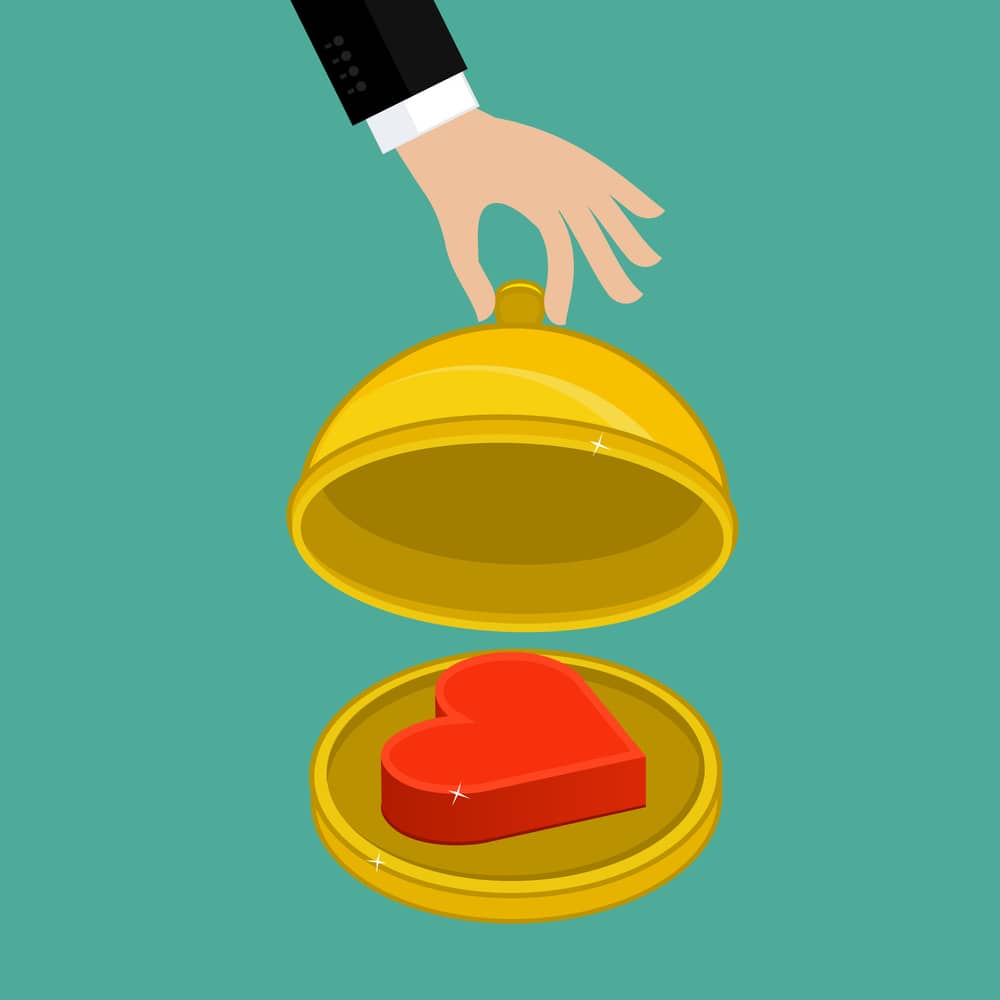One of the hottest topics when running a freelance business is money…In particular, how much to charge clients.
Freelancers earn as much as the client is willing to pay for their set of skills and the market demand. If a freelancer is an expert in a specific niche in high demand that not many people are in, they are more likely to make more money.
But, for many freelancers, money isn’t the only factor. Love of the craft is usually the primary objective to why freelancers started to freelance in the first place.
Not focusing on money can create issues such as undercharging, losing out profit, and mentally degrading the industry.
Table of Contents
How should freelance rates be set?
Before setting up a freelance rate, the competition needs to be researched. Looking through LinkedIn and online job boards is a good indication of how much to charge for a freelancing niche.
There are also many resources on the web; most of these come directly from recruitment companies and industry publications. They’re very useful for getting a broad overview of the industry as a whole as well as a particular role.
Rates can depend on the value brought to the client. Factors include skills, experience, and portfolio. Also, location plays a big part in how much to charge. Living expenses are higher in London than in Thailand.
Calculated freelance expenses?
When setting up a freelance rate, it’s vital to consider the minimum amount of income the company and yourself need to survive without debt. That might sound simple, but not all freelancers are conscious of spending money.
Debt can limit life and business for years if not controlled early on. Many freelancers think; “Things will get better, everyone loses money the first few years of starting a business.”
Instead of spending, sit down and calculate carefully and precisely what you need to keep the engines running with a constant stream of coffee.
Negotiating a freelance rate
There are no theoretical limitations on what can be earnt… Aim to maximise income.
Freelancers should not just be to make enough money to live, because that’s risky in case the worst scenario happens… Like the recent Covid-19 pandemic.
it’s fully understandable if freelancers increase their freelance rates, especially as there are higher living costs each year!
Freelancers are hired for a set amount of time on a temporary basis so should be paid more money than full-time staff. Remember, clients, don’t pay freelancers perks such as holidays, insurance and pension plans etc.
Being the best person for the job will help the freelancer with negotiating a better rate.
Self-respect goes a long way when negotiating rates, if the guard is let down and abuse gets absorbed, that’s not a healthy relationship.
Preparing to walk away and lose the client forever is nothing to be ashamed about. There are plenty of other clients who will respect freelancers.
Discussions around pay are usually not personal, cheapskates are everywhere, so freelancers need to stay strong!
Should freelancers charge clients hourly or fixed-price?
For all new clients, it’s advised to start by charging hourly because there is risk involved when working with someone new, and the project could take longer than expected. Converting hourly to fixed-price projects should be done once there is a strong client-freelancer relationship.
When charging hourly, It’s good practice to give an estimate on total timings. This helps to increase trust. It’s important to be transparent when in business.
Setting an hourly rate depends on experience and how much value is provided to the client.
Are there any negatives to charging clients hourly?
Working on an hourly project can sometimes discourage the freelancer from working efficiently, especially if the freelancer is just interested in money. Some clients may also think that because they are being charged hourly, the freelancer will work extra slow.
The downsides of fixed-priced projects
Sometimes projects organically turn into something else, a lot bigger. More time can be spent on a project than if the project was on an hourly basis. Clients can sometimes add in extra tasks.
When to get paid as a freelancer
No one wants to wait around for months. before they see some money for all their hard work.
Some freelancers ask for a 50% deposit for the project upfront. This is best practice and represents a commitment to the project from both sides, if the client starts to ghost, just take the deposit.
Sometimes with existing clients, deposits don’t have to be obtained, but for new clients, a deposit is vital, as things may go sour.
Should I track time as a freelancer?
Tracking the time spent on a project is important for accountability. With hourly billing, tracking time is an obvious point. Time should also be tracked on fixed-priced projects, as it allows the freelancer as well as the client to estimate better how long similar projects will take. Or how slow/fast both parties work. Timings can be noted down in the project files and even in invoices for transparency.
It’s easy to lose track of the time when working on a project, there are lots of time tracking apps that can be downloaded.
Also, remember that time tracking isn’t just limited to sitting at a computer and working. Calculate the time it takes for the following; phone calls, commuting, admin, and meetings.
Overcomplicating freelance rates
The rates that freelancers charge and can earn are down to how they want to work and who they want to work with. Freelancers need to be confident and objective when discussing prices.
It’s a competitive market, and to get the best rates, freelancers need to be unique and indispensable. Standing firm, having confidence and being willing to say no.
Freelancers have unlimited earning potential. Keep on track of ingoings vs outgoings and grow!





